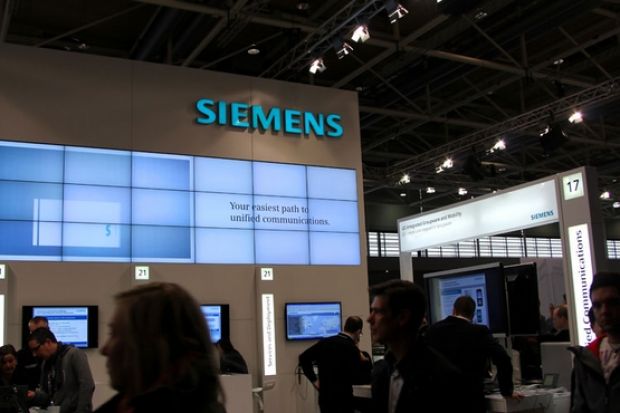Source: A.Penkov / Shutterstock.com
That is the view of Mary Stuart, vice-chancellor of the University of Lincoln, who said her institution’s partnership with the German electronics giant Siemens showed how higher education could work with industry to reach children from deprived areas.
Speaking on 21 March at a roundtable event in London hosted by student accommodation provider UNITE and organised by AccessHE, which coordinates outreach work for higher education institutions in London, Professor Stuart said Siemens, which has a factory in Lincoln, had become closely involved with many aspects of the university’s activities after helping it to open a new engineering school two years ago.
“The chief executive of Siemens goes into schools with us to talk about industry,” said Professor Stuart. “The German business approach to education is much more engaged than we are.”
Professor Stuart added that universities needed to find ways to align a local employer’s interests with those of a university.
“Siemens was going to pull out of Lincoln, but that engineering school has made them stay there and invest. It was down to the work we did with them and it is transforming the city in many other ways,” she said.
Shuvo Saha, industry director for fast-moving consumer goods and healthcare at Google UK, said universities should identify specific problems that might concern business if they wanted its help with outreach projects.
“I don’t think you can just say ‘let’s improve social mobility’,” said Mr Saha, who is supporting Generating Geniuses, a programme based at University College London that helps gifted children to study science and maths subjects at university.
“We need to say ‘there is a problem around computer science or Stem (science, technology, engineering and maths), so let’s coalesce around that [problem].
“The issue is how do you make it happen by design, rather than coincidence, which is how we became involved with Generating Geniuses.”
He said there was also a need for “state intervention” to help “nominate a broker” that could link universities and businesses.
Les Ebdon, director of fair access, welcomed the efforts to link businesses, universities and schools – a link which had “atrophied” over recent years, he said.
“If you just say ‘the government should be doing something about this’ – well, I am not sure we are going to get that,” he said.
“We need a strategic partnership between these communities. Maybe academies or perhaps the pressure we are putting on universities will make a difference.”
Register to continue
Why register?
- Registration is free and only takes a moment
- Once registered, you can read 3 articles a month
- Sign up for our newsletter
Subscribe
Or subscribe for unlimited access to:
- Unlimited access to news, views, insights & reviews
- Digital editions
- Digital access to THE’s university and college rankings analysis
Already registered or a current subscriber? Login




